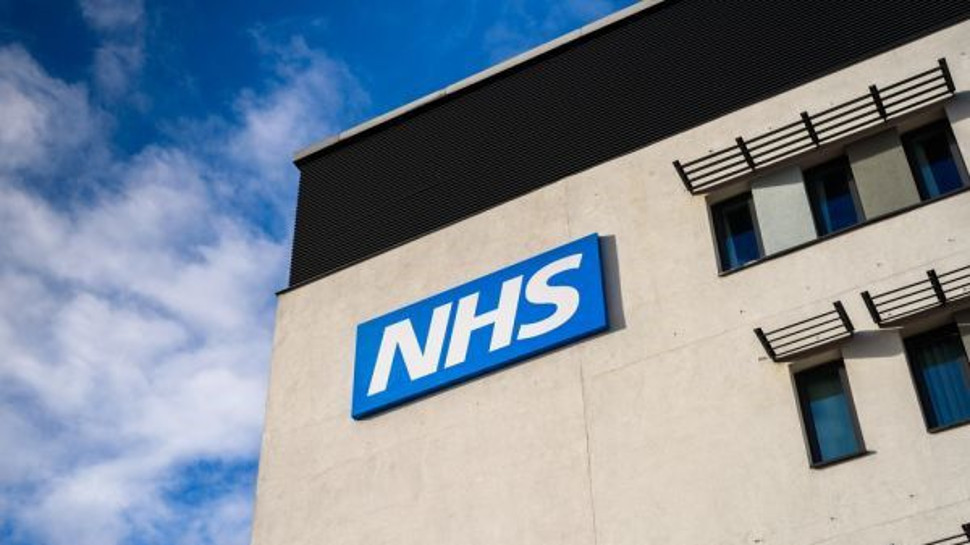NHS gets millions to move to digital prescriptions
Scribbly unreadable handwriting begone…

The government has announced a fresh batch of funding to the tune of £26 million in order to help hospitals upgrade to digital prescriptions rather than handwritten efforts.
Some 25 NHS trusts will receive the money which aims to make all sorts of efficiency improvements, not least of which will be reducing medication errors by up to 30% compared to the old paper-based way of doing things. The move will also be a considerable time-saver, freeing up staff to do other things.
- Medical data being leaked by NHS pagers
- Only one in ten NHS Trusts are fully digitized
- We've chosen the best Electronic Medical Record software
This is part of the goal for the NHS to get electronic prescriptions in place across all providers, and the £26 million to be given out in 2020 is the second dollop from a total pot of £78 million to speed up the rollout of such electronic systems over the next three years.
Edward Argar, who is Minister for Health, commented: “Electronic prescriptions in our hospitals will not only do away with old fashioned paper prescriptions but can help prevent avoidable and potentially catastrophic medication errors.”
An electronic system will also mean that NHS staff can get quick access to information on prescribed medicines for any particular patient. And the government further observes that it will facilitate a single electronic record which will reduce any duplication or other time-wasting aspects concerning information gathering.
Secure storage
However, as Matt Eckersall – Region Director, EMEA West, SUSE – warns, there are some potentially tricky aspects to this part of the government’s plans.
Eckersall observes: “Building up a complete, single electronic record will come with its own challenges, including how to handle the rapid increase in digital data generated and how to store it in a safe, cost-efficient manner.
Are you a pro? Subscribe to our newsletter
Sign up to the TechRadar Pro newsletter to get all the top news, opinion, features and guidance your business needs to succeed!
“While the NHS already collects a huge amount of data, including sensitive and personally identifiable patient information, this new development will require the organisation to carefully consider its existing data storage infrastructure. Data centre storage can be expensive, encouraging many organisations to look to cloud platforms instead.
“Although the NHS will be used to relying on the cloud to some extent, this may need to increase if the NHS is to successfully handle this huge influx of digital data while ensuring information security, integrity and processing performance without breaking the bank.”
And on the subject of cost-effective storage, he adds: “The open source community is providing the solutions to meet this demand for affordable storage. Organisations like the NHS can turn to easy-to-manage, future-proofed open source solutions that provide unlimited scalability, such as software-defined storage.”
Darren is a freelancer writing news and features for TechRadar (and occasionally T3) across a broad range of computing topics including CPUs, GPUs, various other hardware, VPNs, antivirus and more. He has written about tech for the best part of three decades, and writes books in his spare time (his debut novel - 'I Know What You Did Last Supper' - was published by Hachette UK in 2013).